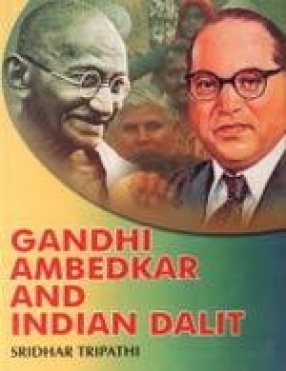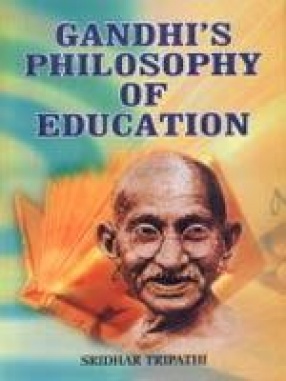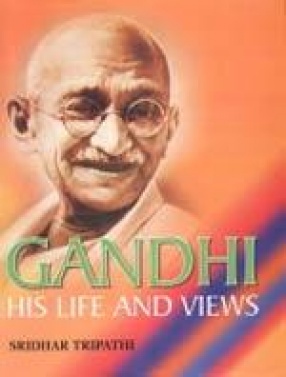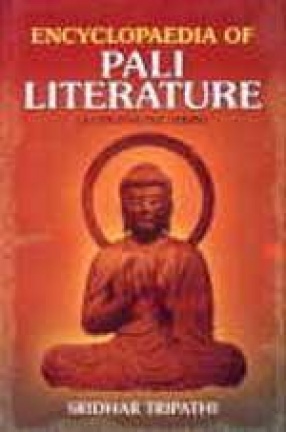
Showing all 4 books




Indian society witnessed tremendous ferment in the nineteenth century because of the policies adopted by the colonial rulers. The native elite felt concerned about the sudden down fall of the country and started introspection into their own social tradition. Gandhiji's arrival on the scene in 1920, appeared to dissolve the inner strife, but imperialist intervention would not allow it. Soon a fresh strife emerged as Dr. B.R. Ambedkar challenged Gandhiji's ...

Gandhi gave his views in many problems world was facing those days. Gandhi was not only a political leader deeply involved in the freedom struggle of his country, he was also a great social reformer. He had a correct picture in mind of the prevalent social scenario in India. His concept of basic education, Nai Talim, the Hindustani medium schools, the vocational training provided in schools, the education of women etc. are not merely his dreams, he dared to ...

The Gandhian perspective is a call to discover possibilities of an authentic living in the midst of liberalization, globalisation and never ending struggle for power. As Gandhi would say, physical force is transitory, even as the body is transitory but the power of the spirit is permanent, even as the spirit is everlasting. This book would enable you to explore new frontiers in your power equations and will help put you in touch with the real source of power. It ...

The study of early Buddhism will always be the objective of the majority of those who take up Pali, though in addition to the interest of the language itself we must stress the importance of the text for the study of the history of Indian literature, especially secular literature. In Pali is preserved the Buddhist Canon which, considered as the most authentic form of Buddhavacana, constitutes the very matrix of its 2500-year-long Theravada Tradition. The book ...
